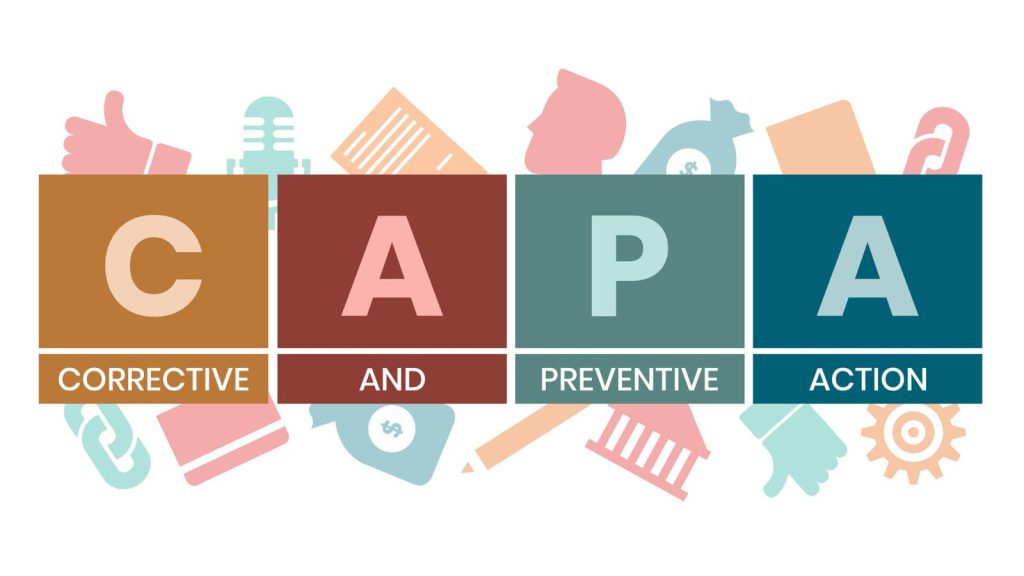
Argos Multilingual Has Launched Our Inaugural State of AI in Localization Report
News & Press Releases
・9 min read
For life sciences companies, accuracy is always the highest priority. Mistakes or misunderstandings can have significant consequences, so translations need to be done right the first time. But how do you know if your translations are accurate? This is where independent quality checks come into play. Conducted by specialized third-party vendors, this quality step ensures that translations are correct and meet strict regulatory standards.
Let’s take a closer look at how independent review supports life sciences translations, where precision ensures compliance.
In life sciences, the margin for error is razor thin. Because life sciences translations apply to content ranging from clinical trials to Instructions For Use (IFUs), the implications of mistranslation extends beyond mere miscommunication. Seemingly minor quality issues can potentially lead to serious health risks, regulatory mishaps, and damaged company credibility.
Quality checks conducted by independent third-party vendors such as Argos Multilingual play a pivotal role in navigating these challenges.
One of the most important priorities in the life sciences sector is mitigating risk, where the accuracy of translated materials directly impacts patient safety and treatment efficacy. Third-party quality checks act as a crucial defensive layer against the risks associated with translation inaccuracies.

Navigating complex global regulatory standards is a challenge life sciences companies face daily. Each region has its own set of rules governing medical documentation and patient information. An additional QA process ensures that translations comply with these diverse regulations, helping companies avoid costly delays in product approvals and market entries.
The reputation of a life sciences company partially hinges on clear and reliable communications. Inaccuracies can tarnish a brand’s image, shaking consumer and stakeholder trust. Independent quality reviews preserve brand integrity by ensuring every piece of translated content reflects the company’s commitment to accuracy, reliability, and transparency.
Leveraging third-party language service vendors offers many advantages for life sciences companies navigating global market complexities. From providing objective insights to supporting cost-effectiveness,these specialized services enhance the quality and reach of multilingual content.
One of the main benefits of partnering with third-party vendors is the objective insight they bring to the process. Unbiased evaluations from outside experts help identify potential oversights that internal teams might miss. This external perspective ensures that the final content is not only accurate but also resonates with the target audience, free from potential bias emerging from internal processes.
The life sciences industry encompasses a wide range of disciplines, each with its own set of terminology and regulatory requirements. What sets life sciences apart from other technical sectors is the need to comply with an entire regulatory framework.
This means that linguists’ task includes understanding the product, the client, and their mission in addition to having expertise in the client’s specific discipline. Third-party vendors offer access to linguists and subject matter experts who specialize in these diverse areas.
This specialized expertise ensures that translations are precisely tailored to the specific needs of the field, including pharmaceuticals, biotechnology, medical devices, and emerging technologies such as generative AI.

Market demands fluctuate, and companies often need to scale their translation efforts up or down quickly. Third-party language services vendors excel in their ability to handle varying volumes and content types with agility. This scalability and flexibility mean that life sciences companies can respond more effectively to market needs without the constraints of fixed internal resources.
Advancements in translation technology, such as translation management systems and translation memory tools, have significantly enhanced the efficiency and accuracy of the translation process. Third-party vendors invest in the latest innovations, providing life sciences companies with a technological edge. This utilization of cutting-edge tools streamlines workflows, making the translation process faster and more reliable.
Outsourcing independent quality checks to third-party vendors can be more cost-effective in the long run. It reduces the need for internal resources dedicated to translation and localization while minimizing the risk of errors that could arise from inaccuracies. By leveraging the expertise and technology of specialized vendors, life sciences companies can achieve high-quality translations in a more efficient way.
The integration of Corrective and Preventive Actions (CAPA) into the translation process is another critical advantage of working with third-party vendors. These systematic efforts to identify and correct potential translation errors before they occur—and to prevent future mistakes—ensure continuous improvement and compliance with regulations. Third-party reviews are instrumental in providing an external audit trail that supports both quality improvement and regulatory compliance.
Our quality team has found that while CAPA actions are always undesirable, they’re a good way to investigate and determine what can be learned to improve your process.

Independent quality reviews for life sciences often face four main challenges, including selecting the right vendor, integrating these checks into existing workflows without disruption, ensuring data confidentiality and balancing cost with quality. Choosing a vendor requires careful evaluation of their expertise and experience in all these areas.
It’s also worth asking about your vendor’s approach to and position on AI. Argos Multilingual is exploring AI to automate processes like source review, where non-translatable terms, measurements, and product names can be quickly identified. This not only streamlines tasks but also reallocates time to areas that need human insight. The goal is to leverage AI to enhance efficiency in life sciences localization without sacrificing essential high-quality standards.
Selecting the right third-party vendor for linguistic quality hinges on two crucial factors: the vendor’s qualifications and their adherence to industry standards.
First, evaluate the vendor’s expertise in life sciences, their track record handling complex translations, and their ability to meet tight deadlines without sacrificing quality. Their experience should align with your needs, from regulatory knowledge to technical subject matter expertise.
Second, prioritize vendors with recognized certifications and compliance with life sciences standards. Certifications like ISO 9001 for quality management and ISO 17100 for translation services indicate a vendor’s commitment to high-quality output and their understanding of the regulatory landscape in life sciences.
Our quality experts add that even with the attention to detail required, everyone on a project from linguists to program managers have to keep the big picture in mind. The projects that we work on don’t just need to tick a box on a checklist. Whether it’s helping a patient operate a medical device, pharmacists delivering medication instructions, or lab staff using a complex diagnostic machine, quality checks ensure that everyone can do what they need to do in the best possible manner.
For companies whose products and services benefit from third-party review, Argos Multilingual stands out with our deep expertise in life sciences, adherence to high standards, and commitment to quality. By partnering with Argos, you gain access to our certified processes and the assurance that your projects align with industry best practices.
Let Argos Multilingual verify the quality and accuracy of your translations with our life sciences and medical translation services, designed to meet your specific needs and challenges.
What to read next...
Want to know more?
The latest industry news, interviews, technologies, and resources.
View all resourcesGet in touch
We are committed to giving you freedom of choice while providing subject matter expertise and customized strategies to fit your business needs.
Contact us